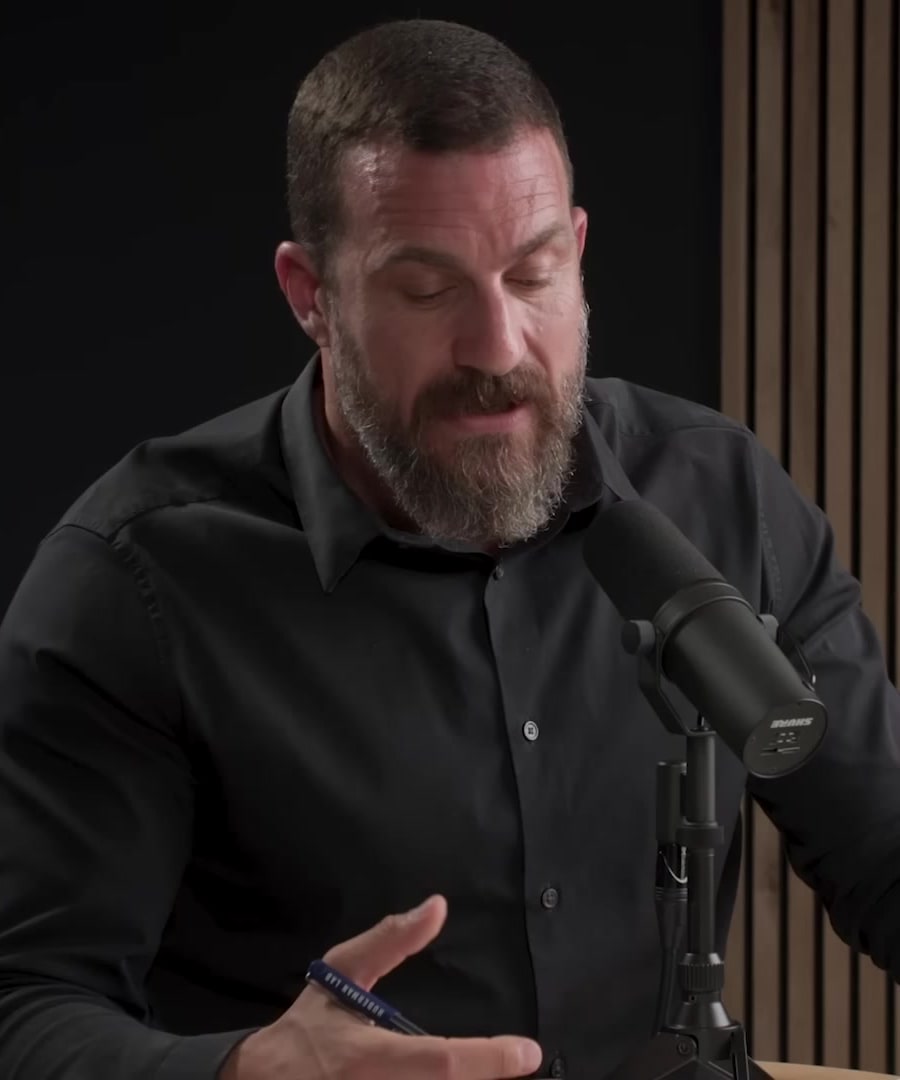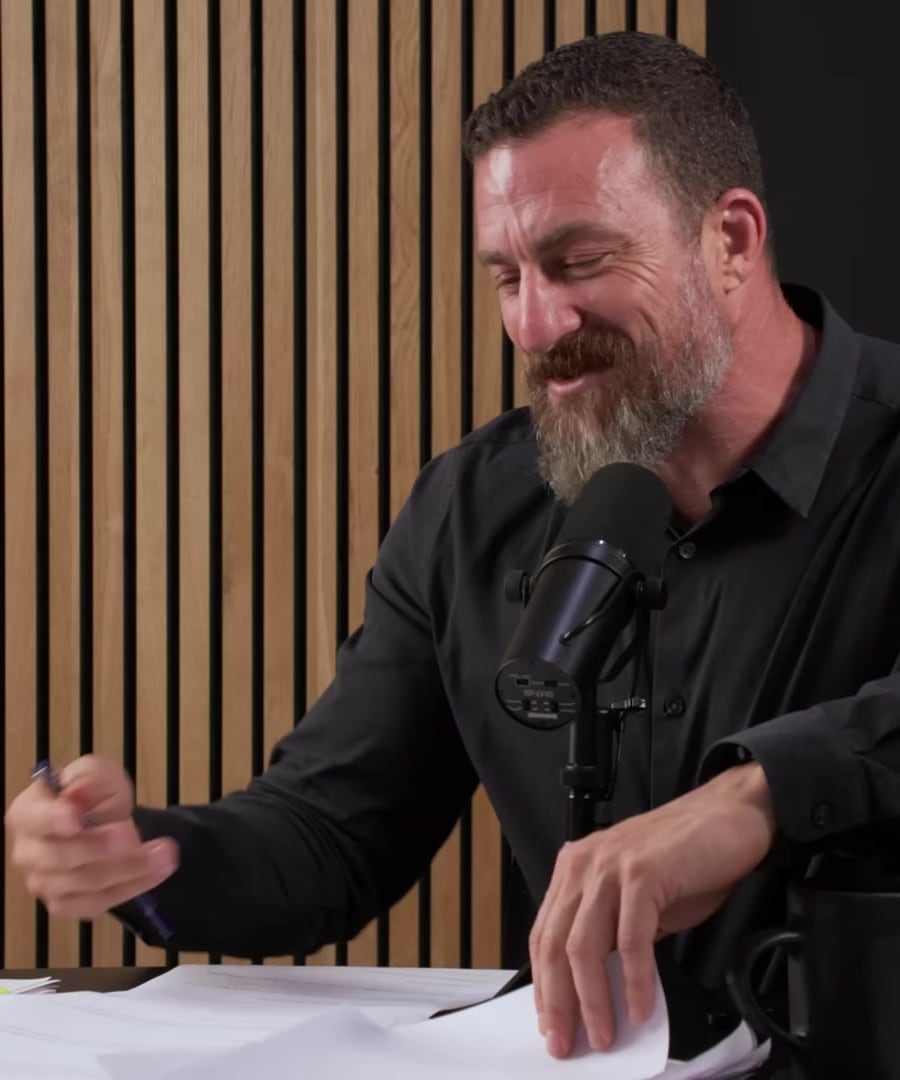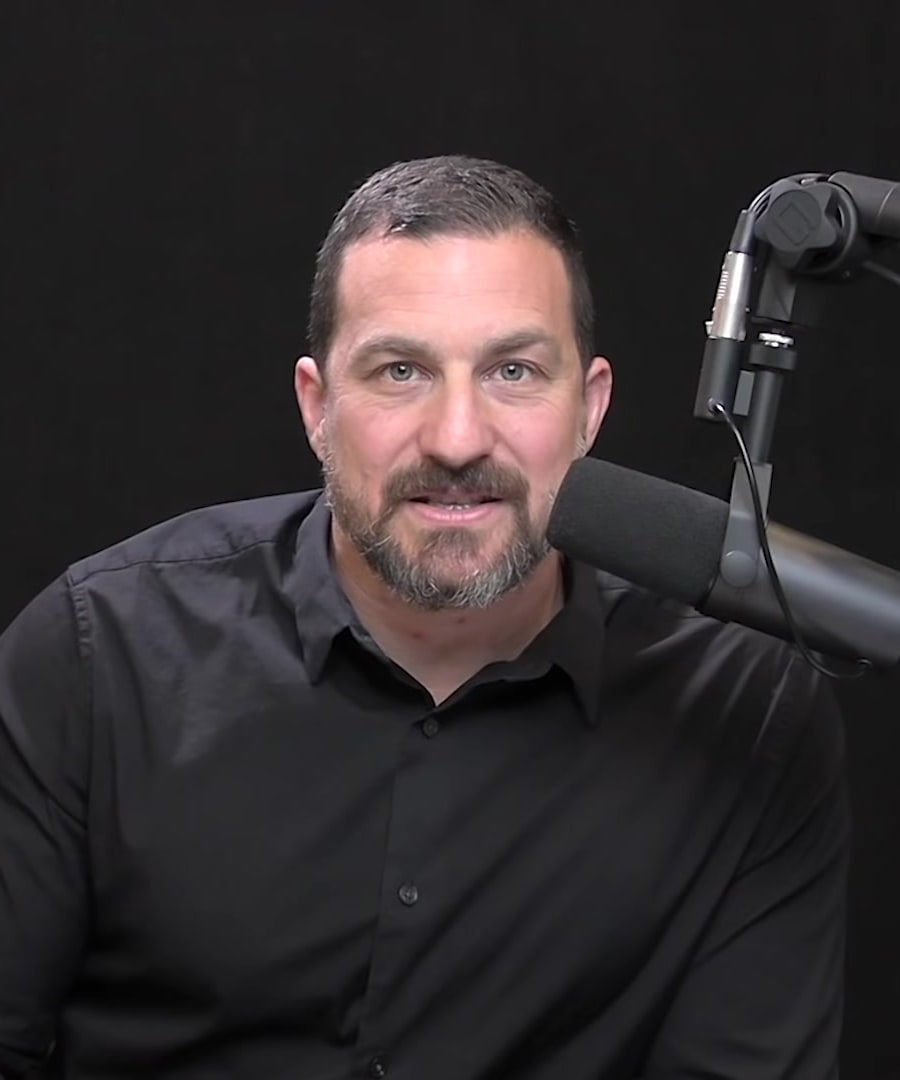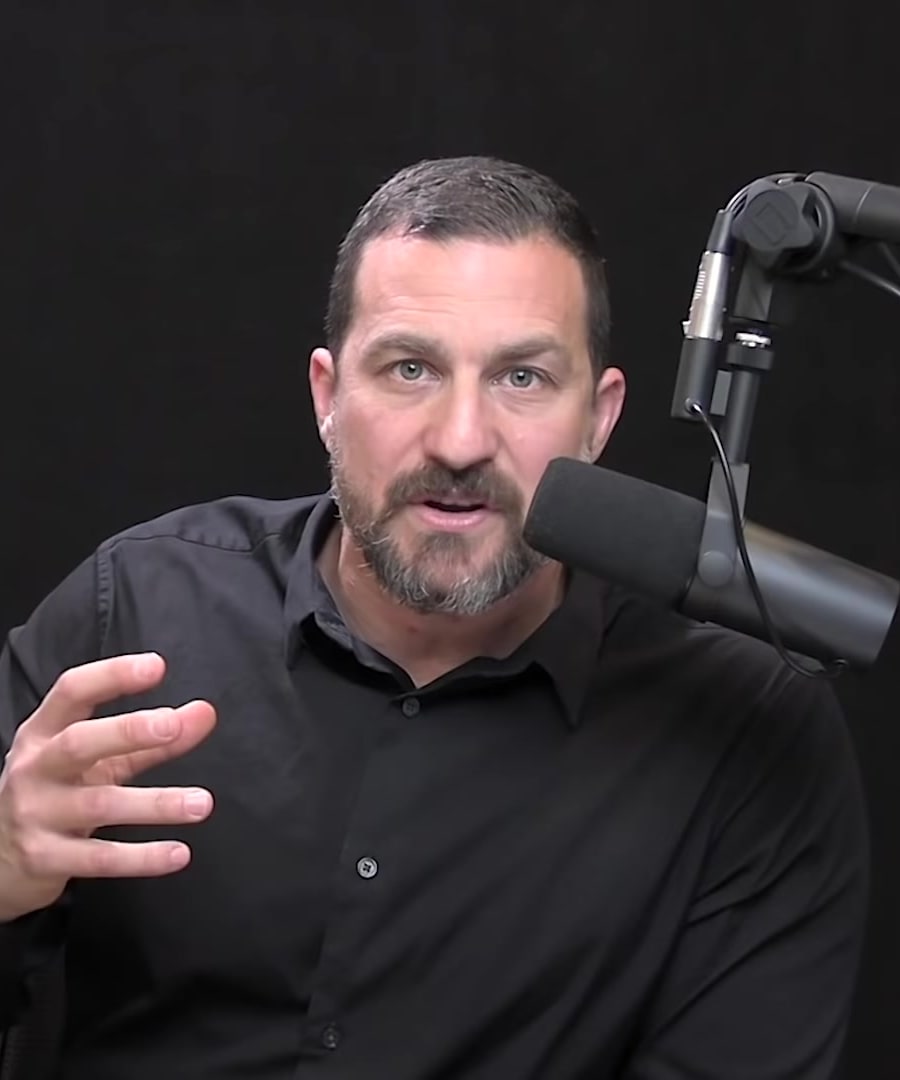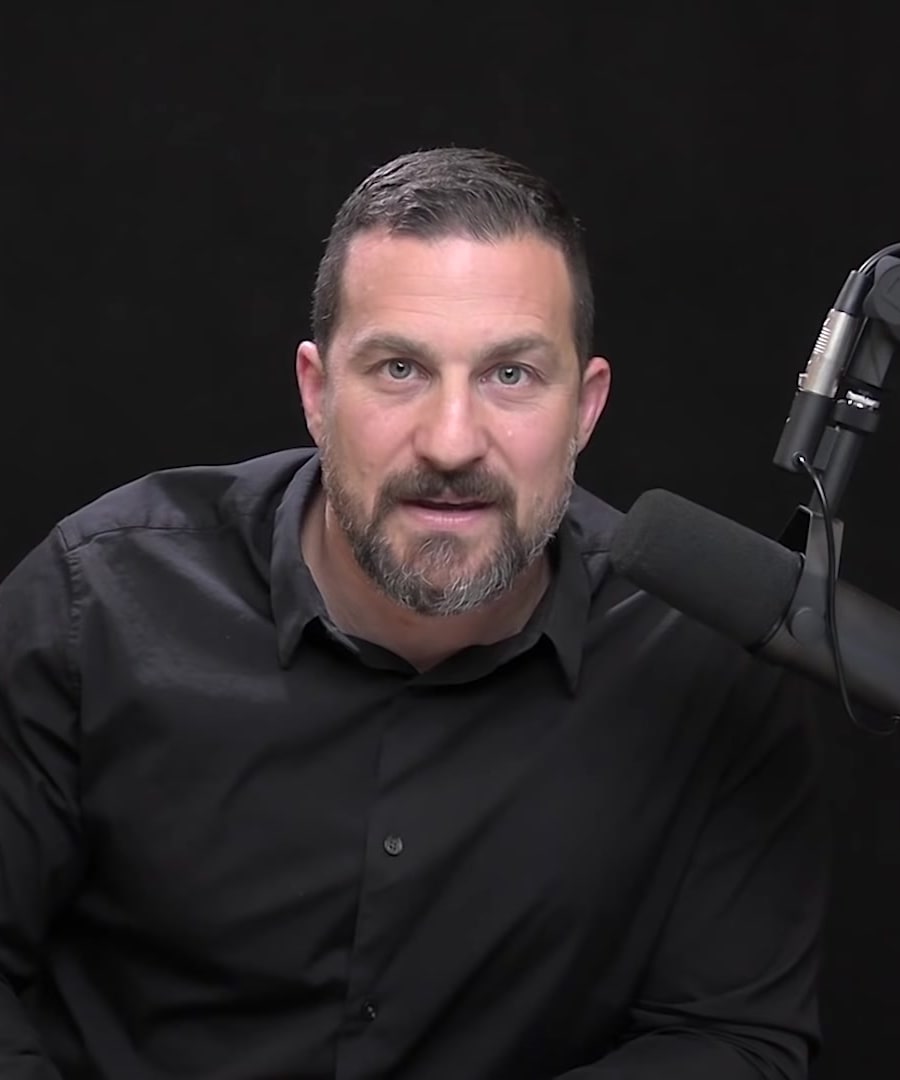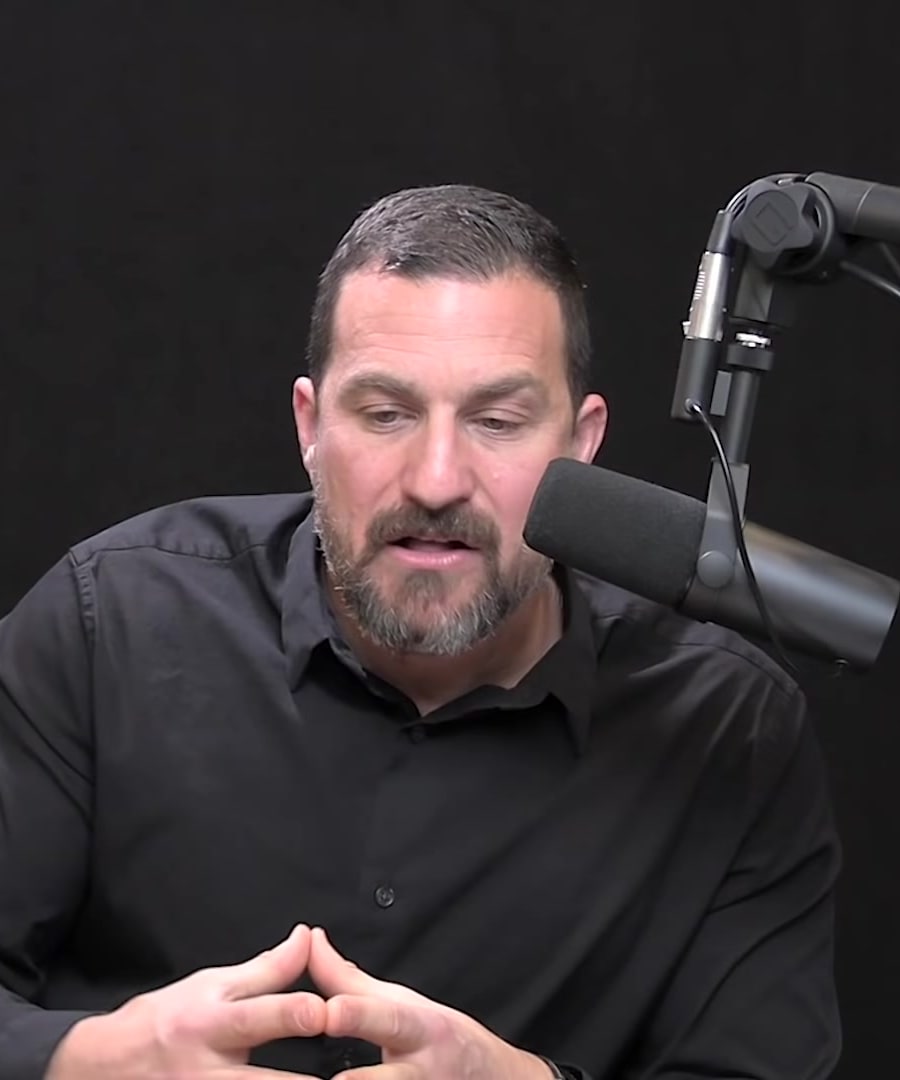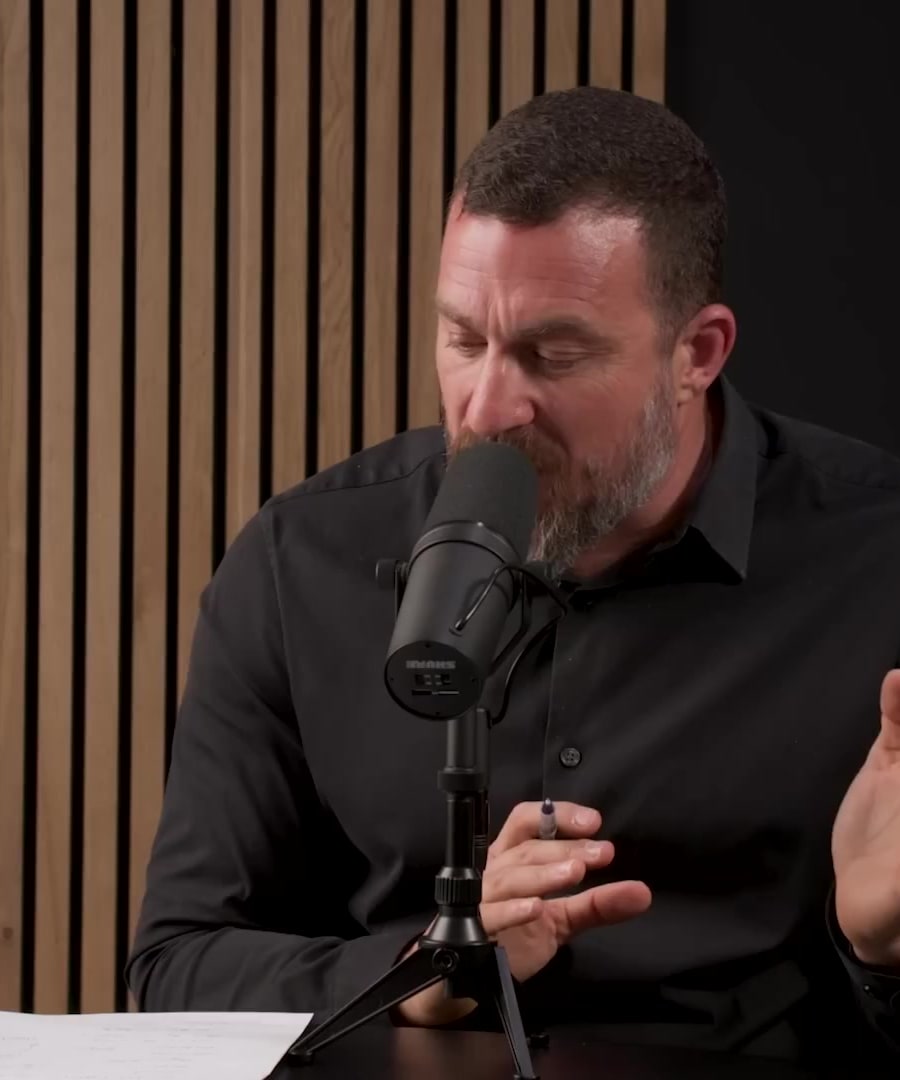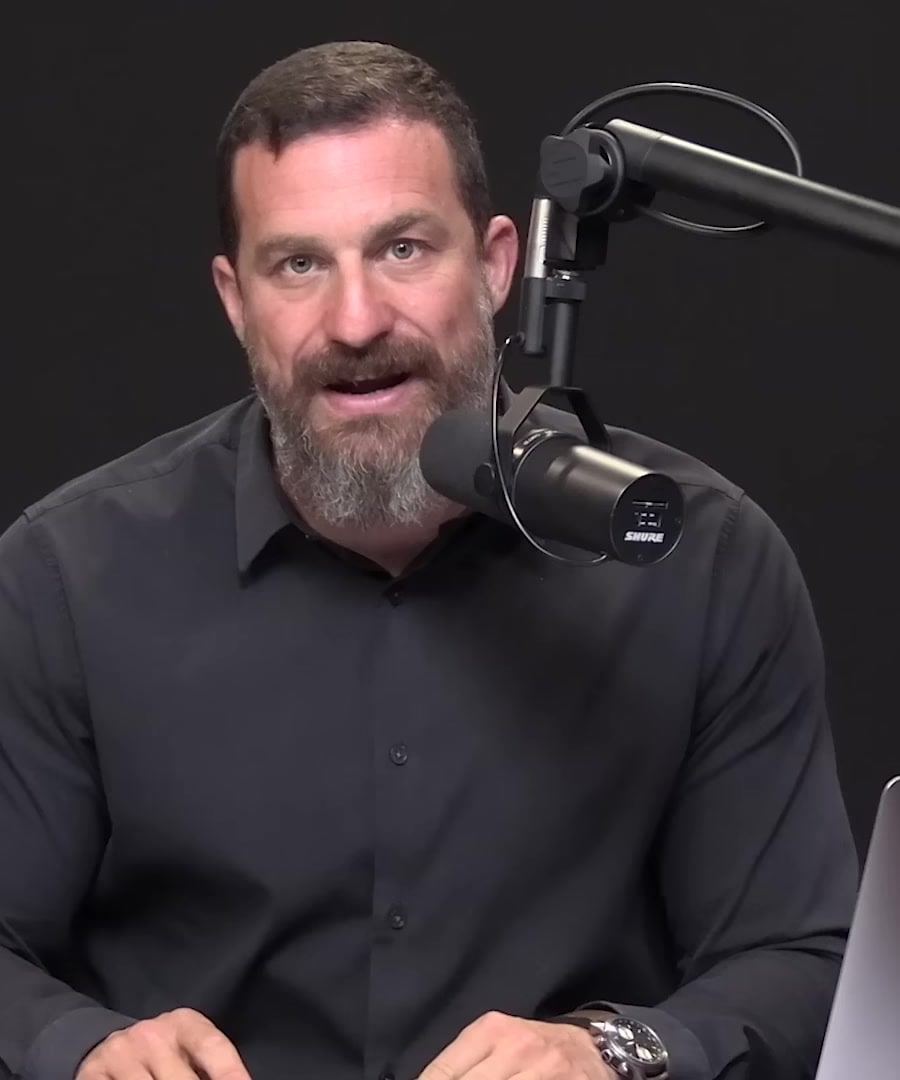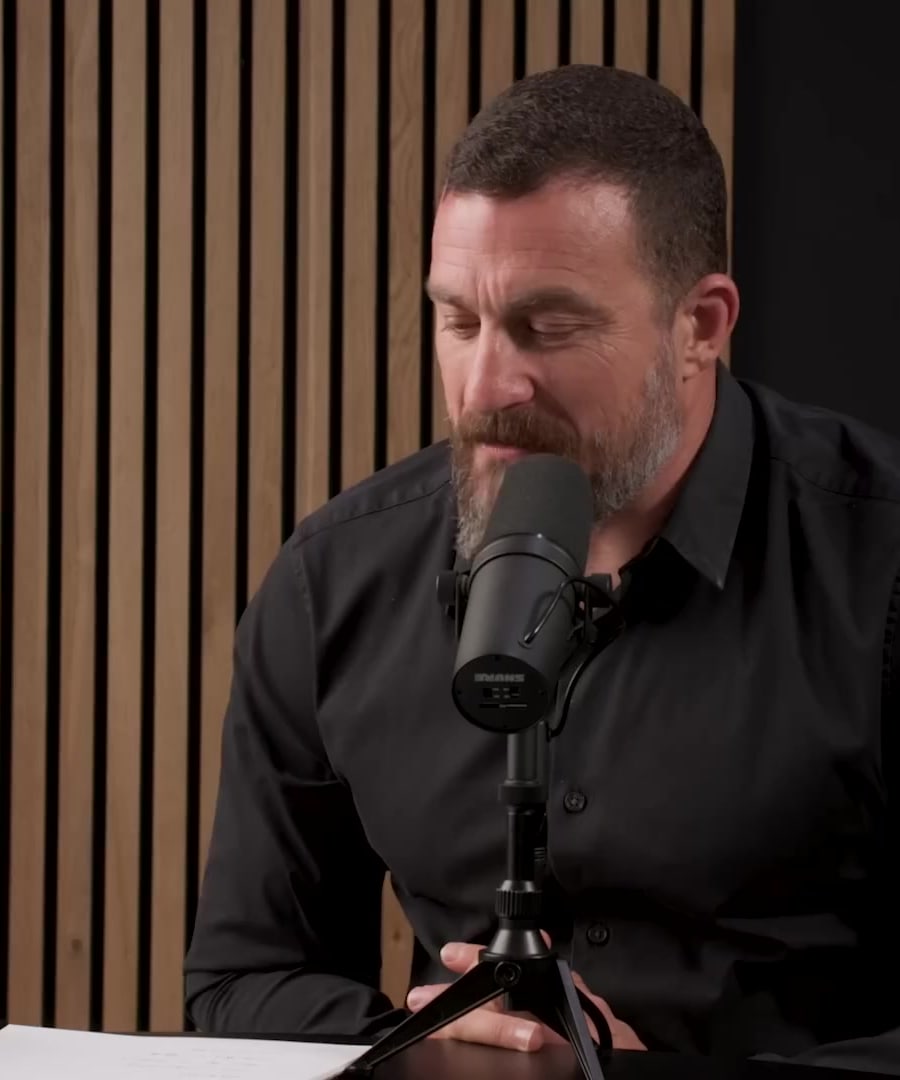What do Huberman and Rubin have in common?
Sources:
and share several commonalities. Both are passionate about creativity and emphasize the importance of mental and environmental conditions in fostering the creative process. Huberman is a neuroscientist deeply interested in the physiological and psychological aspects that contribute to creative states, while Rubin is a co-founder of Def Jam Recordings and known for his work with various artists.
One area they agree on is the significance of relationships in one’s life and work. Rubin speaks about home being a safe space to return to after being a "warrior" in one's professional life. He also talks about the importance of honesty and being true to oneself in relationships. Huberman admires Rubin’s rational approach to relationships and acknowledges the importance of not wearing masks and being truthful for a genuine connection 1.
They both acknowledge the perpetual learning and evolution one goes through. For example, Huberman debunked the longstanding myth that significant brain plasticity doesn't occur after the age of 25. He and Rubin discuss how this misconception was maintained by a small group of scientists and recognize how such falsehoods can stall progress 2.
Rubin's approach to managing the uncertainty and anxiety that comes with the creative process and new projects is something Huberman finds curious and valuable. Rubin deals with these feelings by accepting uncertainty as an inherent part of life while striving to make work he feels good about, and this resolves some of the pressure 3.
Both express a non-traditional view of formal education. They suggest that real-world experiences and learning from mentors can be more beneficial than structured education, especially in creative fields. Huberman finds that science often trails behind practitioners by decades, whereas creativity thrives without the confines of academic restrictions 4.
Overall, both Huberman and Rubin demonstrate a thoughtful and inquisitive approach to their respective fields, valuing honesty, continuous learning, and the nuanced handling of psychological challenges.
RELATED QUESTIONSCan you tell me more about Andrew Huberman's research on brain plasticity?
Sources:
has provided extensive insights into the topic of brain plasticity through his research and discussions on the podcast. Brain plasticity, also referred to as neuroplasticity, is the ability of the nervous system to change in response to experiences. This adaptability is essential for learning, memory formation, and recovery from injury 1.
Regarding various forms of neuroplasticity, discusses long term potentiation (LTP), long term depression (LTD), and neurogenesis. LTP involves the strengthening of synapses, LTD is the weakening or removal of synaptic connections, and neurogenesis is the formation of new neurons 2. Notably, he states neurogenesis occurs to a lesser extent in adults compared to the significant roles of LTP and LTD 2.
also emphasizes the robustness of neuroplasticity in childhood and adolescence, commenting on the ease with which young brains can learn and form new neural connections 3. He stresses that certain aspects of our nervous system are designed not to be plastic, such as circuits controlling heartbeat, breathing, and digestion, due to the need for reliability in these critical functions 3.
He further discusses the role of play in neuroplasticity, suggesting that engaging in new and dynamically different activities is crucial for the brain to acquire new learnings and adapt. This emphasis on novelty is a departure from the traditional narrow view that exercise alone leads to plasticity. encourages exploring play and novel experiences to open the portal to plasticity 4.
Finally, addresses practical applications of neuroplasticity, discussing behavior practices that allow us to engage neuroplasticity involving repetition and reward, focus and alertness, and the balance between active practice and rest 5. He also offers advice on leveraging neuroplasticity to optimize brain function and has shared some of his personal routines and tools for doing so 6.
In summary, research on brain plasticity encompasses the different mechanisms through which the brain adjusts and changes, the factors that facilitate or limit plasticity, and the practical steps one can take to harness neuroplasticity for personal development and learning.
RELATED QUESTIONSWhat does Huberman say about adolescents using cell phones?
Sources:
has discussed a range of findings and theories related to brain plasticity in several episodes of the . Below are some key insights and studies he has referenced:
- He spoke about experiments that prove adult brain plasticity, illustrating that with appropriate focus, the adult brain can indeed undergo changes. Specific experiments demonstrated that paying attention to tactile sensations led to rapid plasticity in the brain's representation of touch 1.
- emphasized that brain plasticity is extensive from birth until about age 25, during which the brain forms and reorganizes itself in response to experiences. After age 25, this plasticity does not stop but slows down, requiring more deliberate mechanisms for change 2.
- In one study mentioned, neuroplasticity was successfully induced in adult brains by pairing Nucleus basalis and ventral tegmental area stimulation with specific cues, showing that targeted stimuli could evoke significant plasticity 3.
- Another episode highlighted the brain regions involved in speech and language as highly plastic during youth, enabling children to rapidly learn these complex systems 4.
- also mentioned the potential of enhancing neuroplasticity through the combination of behavioral practices, targeted substances to increase neurochemicals, and possibly brain-machine interfaces in the future 5.
- He conveyed the concept of single-trial learning, where an adult can learn something in just one attempt if the conditions for neuroplasticity are optimal, fostering faster and deeper learning 6.
These diverse discussions reveal a multifaceted view of neuroplasticity, emphasizing not only the inherent capabilities of the brain to change even in adulthood but also the potential ways that this plasticity can be harnessed for learning and development.
RELATED QUESTIONSList clips similar to "Adult Brain Plasticity"
Sources:
Here are some clips related to "Adult Brain Plasticity" that you might find interesting:
-
"Adult Neuroplasticity" - discusses the plasticity of the adult brain, explaining how it tapers off after age 25 but can still be engaged through different mechanisms than those used in younger individuals. This discussion also explores the differences in plasticity between adults and younger people 1.
-
"Adult Brain Plasticity" - describes a series of experiments that demonstrate the plasticity in adult brains, emphasizing that attention to specific tasks can induce rapid changes in the brain's representation of touch 2.
-
"Adult Neuroplasticity" - The ability of the adult brain to change in response to experience is outlined by , who explains that while neuroplasticity is more robust at younger ages, it never fully stops, and adults can still engage in self-directed adaptive plasticity 3.
-
"Mental Training" - This clip explores the long history of mental training and visualization, linking them to neuroplasticity. explains how these processes underlie both developmental and adult self-directed adaptive plasticity 4.
-
"Neuroplasticity Possibilities" - The potential of inducing neuroplasticity in adults, both with and without machines like Neuralink, is discussed by and . This conversation also covers the effects of drugs such as psychedelics on increasing plasticity 5.
-
"Growth Mindset Unleashed" - The concept of growth mindset is deeply intertwined with neuroplasticity, and discusses how it can drive learning and performance improvements throughout life by engaging the brain's capacity for change 6.
-
"Neuroplasticity Explained" - prepares to dive into the subject of neuroplasticity, describing its significance as the defining feature of our nervous system. He teases exploring various aspects of neuroplasticity in depth in future episodes 7.
-
"Enhancing Neuroplasticity" - talks about the possibility of single-trial learning in adulthood through the enhancement of pharmacology, physical practice, and potentially the combination with machine learning 8.
RELATED QUESTIONS-
What do Huberman and Rubin have in common?
- RELATED QUESTIONS
Can you tell me more about Andrew Huberman's research on brain plasticity?
- RELATED QUESTIONS
What does Huberman say about adolescents using cell phones?
- RELATED QUESTIONS
List clips similar to "Adult Brain Plasticity"
- RELATED QUESTIONS

